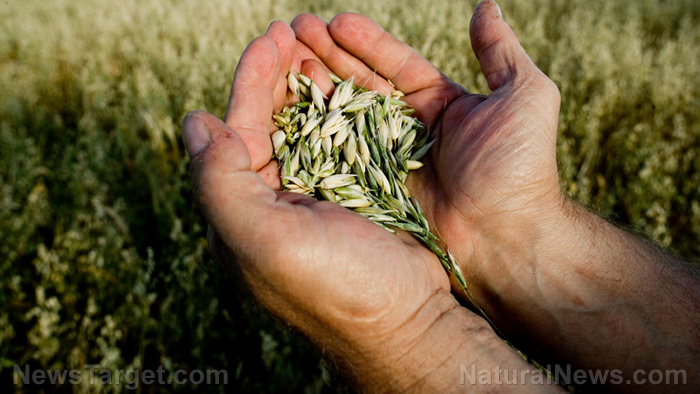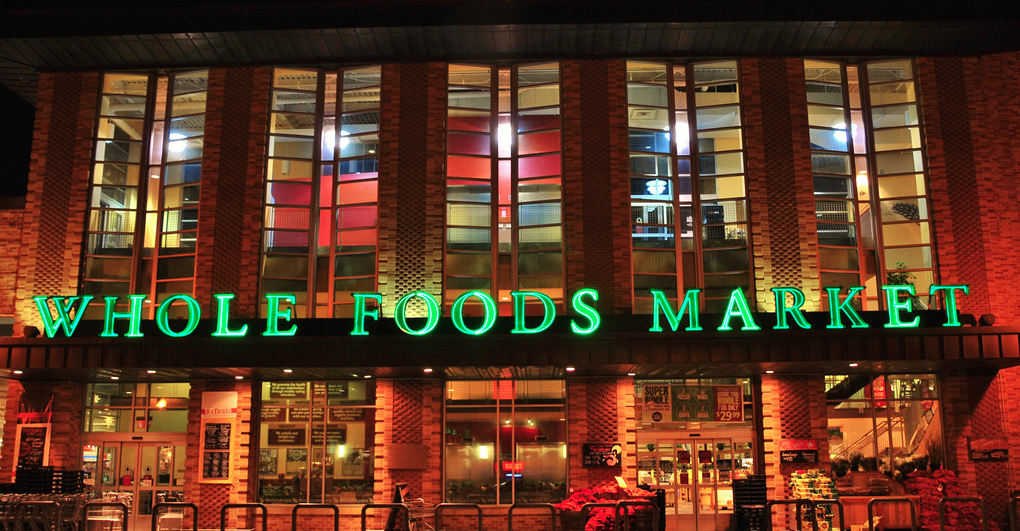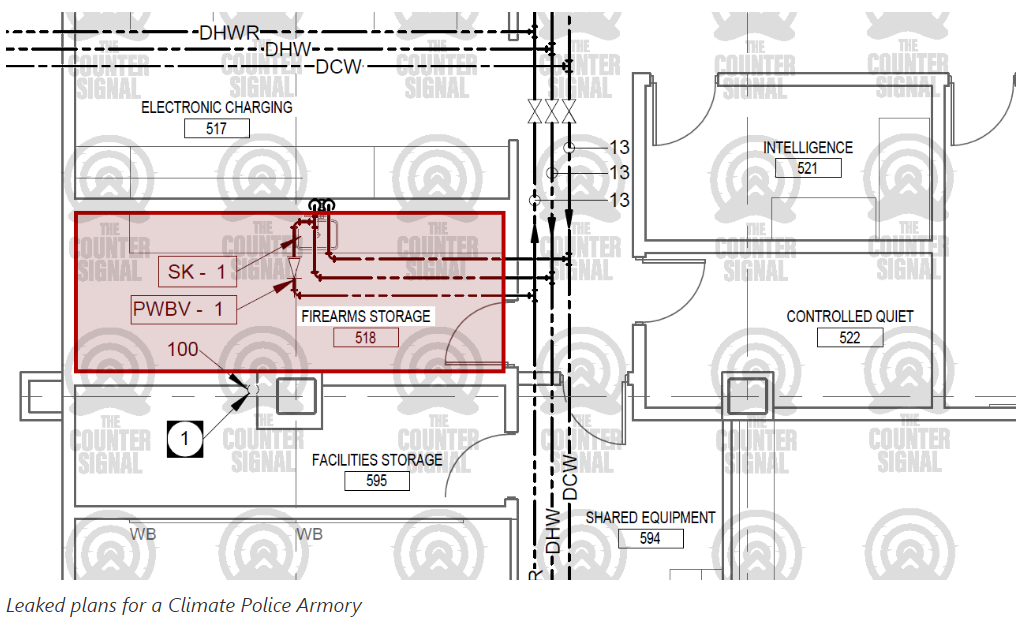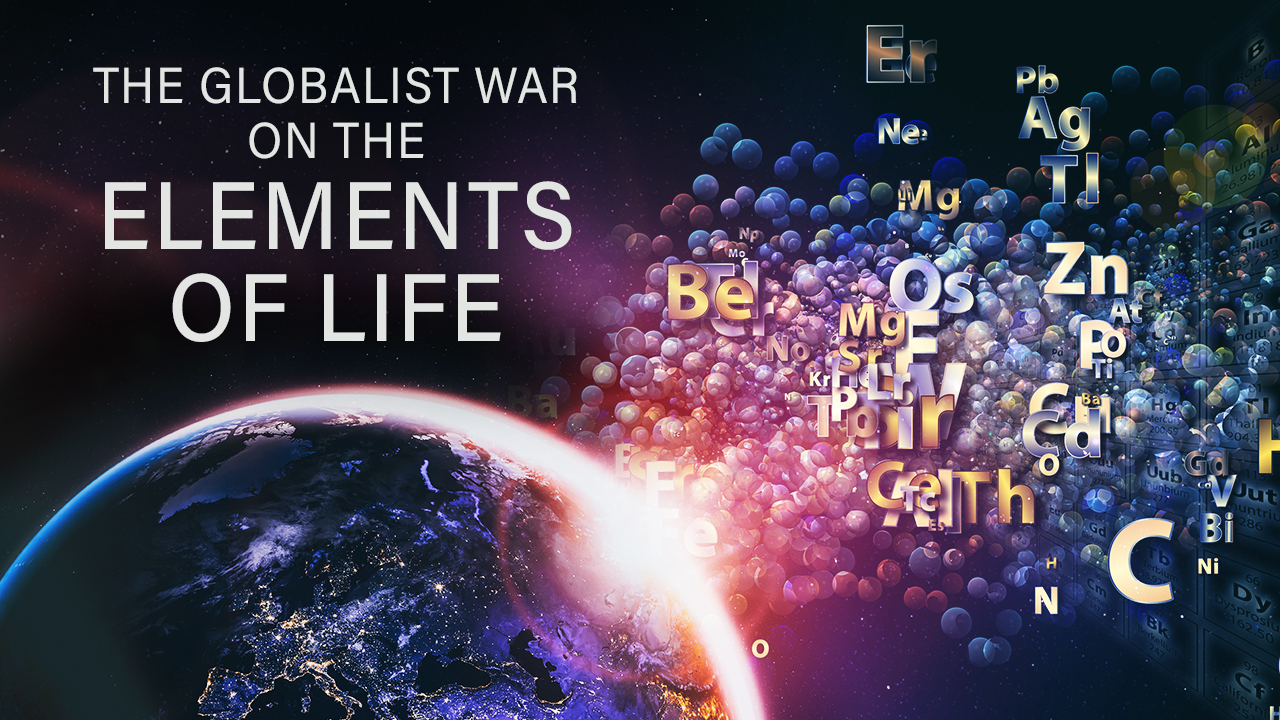The “science” attacking NITROGEN is just as evil and fraudulent as the “science” attacking CARBON – it’s all designed for depopulation and global starvation
08/19/2022 / By Ethan Huff
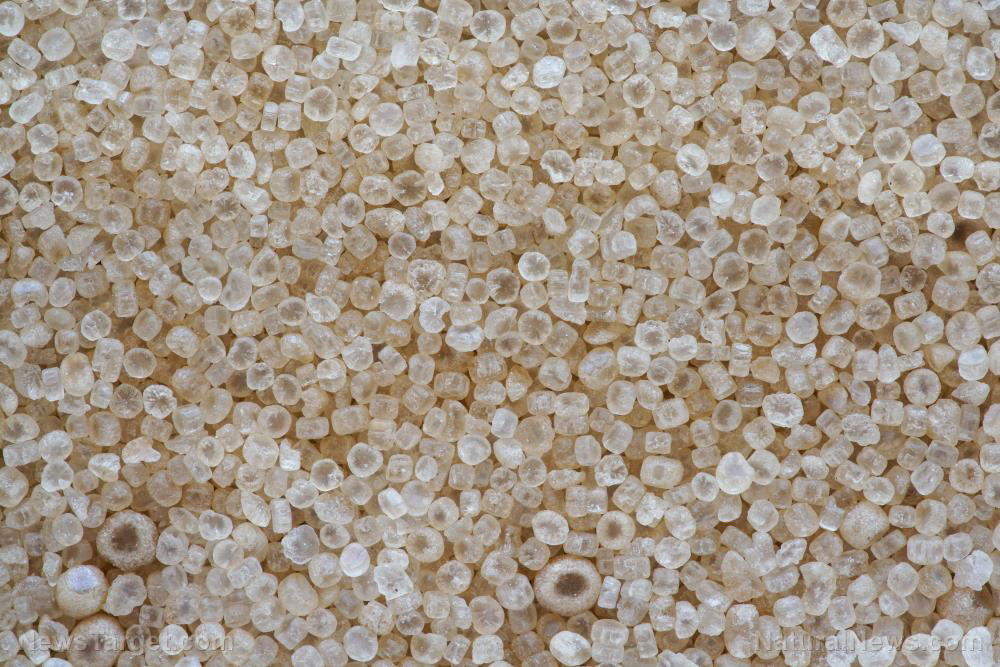
Agractie, also known as the Dutch farmers’ movement, is staging new protests against their government for lying about nitrogen with climate junk science.
Right now, the government of The Netherlands claims that nitrogen is a “pollutant,” and that “emissions” of the natural gas will need to be cut in half by 2030. This will put many Dutch farmers out of business, not to mention starve the Dutch people and anyone else who relies on Dutch food exports.
“It’s really coming down to it now,” says Erik Luiten, one of the leaders of Agractie. “We have to persevere and stay the course.”
Agractie is lighting a fire underneath Dutch farmers and anyone else in the country who is willing to listen, urging them to continue protesting against the Dutch government’s climate junk science mandates that aim to destroy agriculture and starve the world.
“There is no scientific evidence for that,” says Bart Kemp, the leader of another protest group called Agraction, about the Dutch government’s claim that massively reducing the existence of nitrogen will somehow improve the quality of nature and stop “global warming.”
“People want to farmers to clean up, while it will also be for nothing,” Kemp added during a broadcast on Ongehoord Nederland. “Farmers remain motivated by that injustice to take action.”
According to MP Gideon van Meijeren (FVD), the goal of the nitrogen ban has nothing to do with helping the Dutch people protect their climate. It is about stealing their land under the guise of protecting the climate.
“It’s taking away land,” van Meijeren is quoted as saying. “It’s land grabbing for a different agenda than the one being proposed.”
Anti-fertilizer policies are anti-human policies
A similar situation is brewing in Sri Lanka, which after electing an anti-fertilizer president is now collapsing. Eighty-five percent of Sri Lankan farmers have suffered serious crop losses since the fertilizer ban, and fuel is now hard to come by.
“Rice production fell 20 percent, prices rose more than 50 percent, and the country had to import $450 million worth of grain,” reports Free West Media. “In Rajanganaya, where farmers average just one hectare of land, families reported reaping half their normal harvest.”
The hardest hit industry in Sri Lanka is also its most valuable: tea production. Reports indicate that tea production has plummeted by 18 percent due to the fertilizer ban, hitting its lowest level in 23 years.
Without tea, Sri Lanka will not only lose a $1.3 billion industry, but it will also starve to death considering tea exports cover about 71 percent of the country’s food imports, based on 2021 data.
In just one year following the ban, Sri Lanka went from being a rice exporter to a rice importer. More than half a million people are now in poverty and prices for food have skyrocketed by well over 50 percent.
“It’s just that the effects of these measures in the rich countries only become visible later,” says Žilvinas Šil?nas, president of the Foundation for Economic Education (FEE).
“Tragically, in poor countries like Sri Lanka, the effects of bad policies are almost immediately visible.”
All of this serves as a warning to the West not to follow in the footsteps of The Netherlands and Sri Lanka. Artificial fertilizers are not ideal, but they are what the world needs to continue feeding its population and supporting a healthy and strong economy.
Not only that, fertilizers are necessary in order for us to eat. Without them, a global famine will ensue, followed by mass starvation.
The latest news about climate fanaticism and the push to destroy all agriculture and the food supply can be found at Climate.news.
Sources for this article include:
Submit a correction >>
Tagged Under:
carbon, climate change, crops, depopulation, famine, fertilizer, food, food collapse, food inflation, food supply, genocide, global warming, globalist elite, great reset, harvest, hunger, land grab, Nitrogen, rationing, scarcity, science, science deception, starvation, world agriculture
This article may contain statements that reflect the opinion of the author
RECENT NEWS & ARTICLES
COPYRIGHT © 2017 FOOD SCIENCE NEWS










